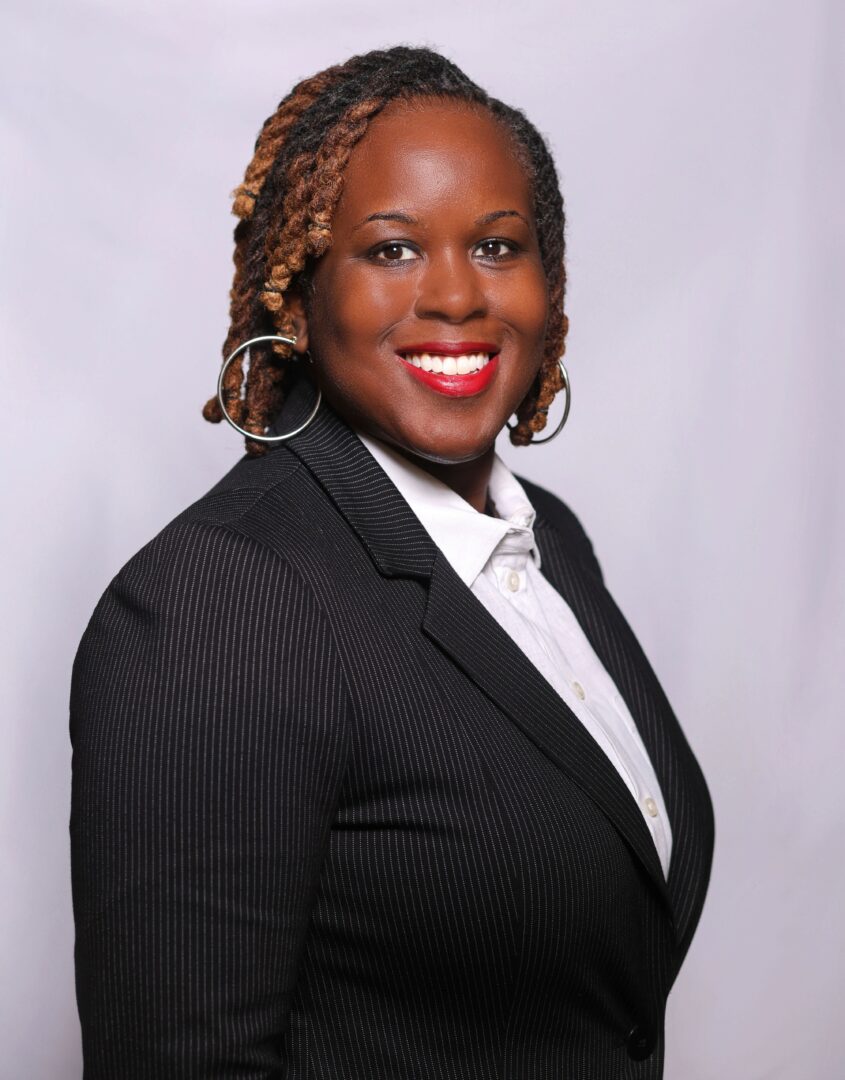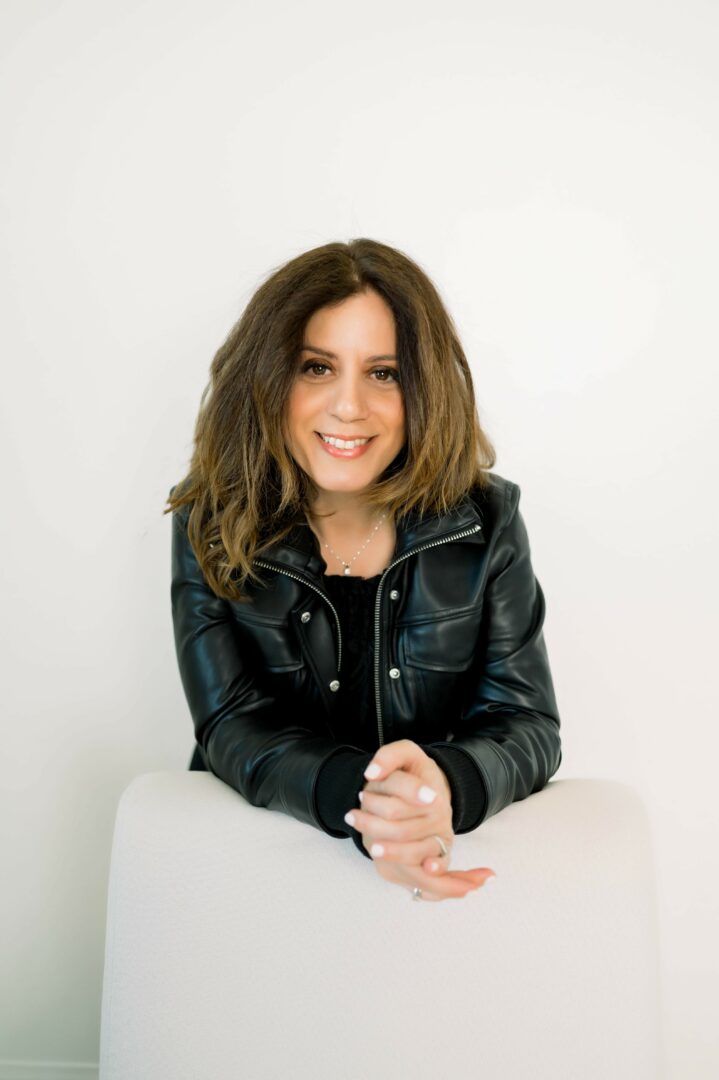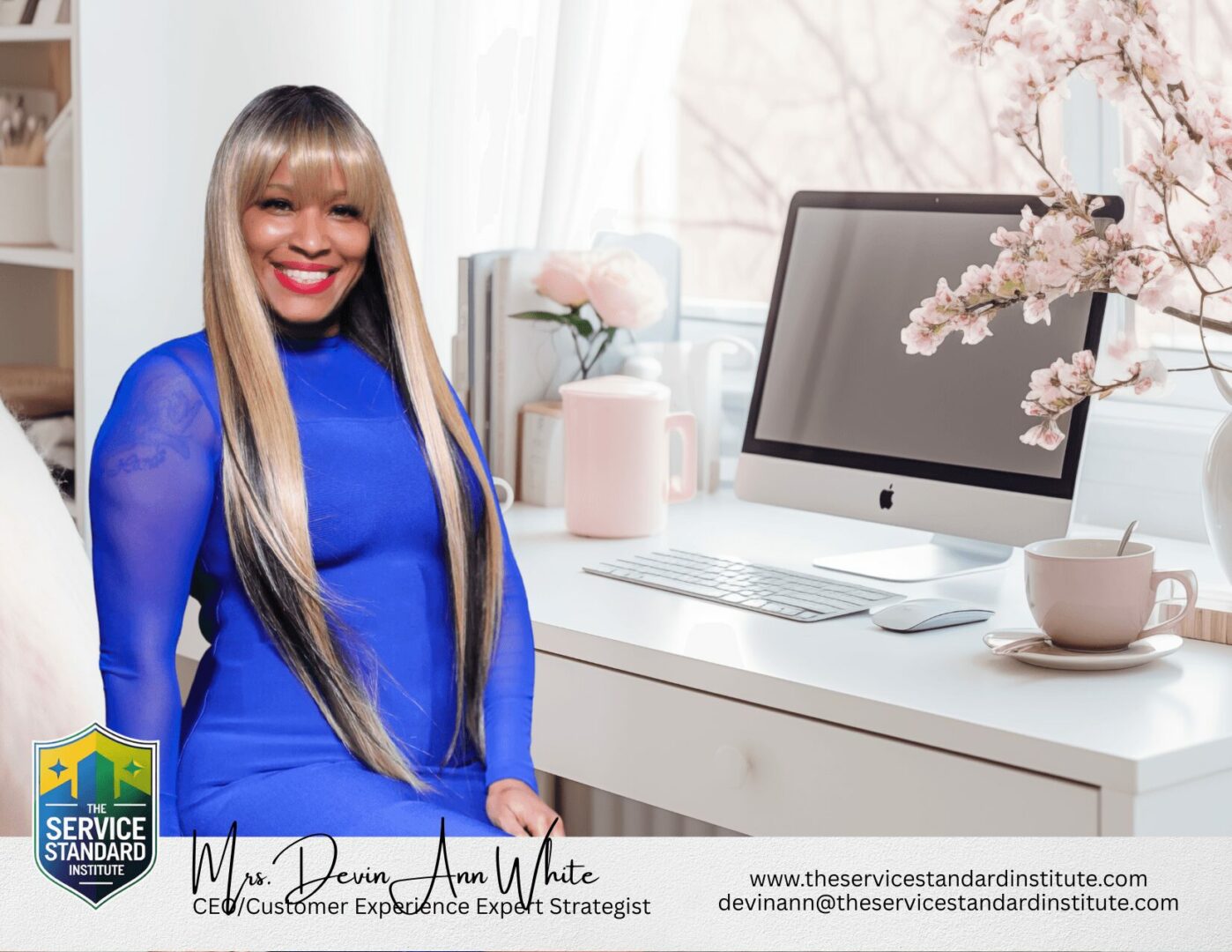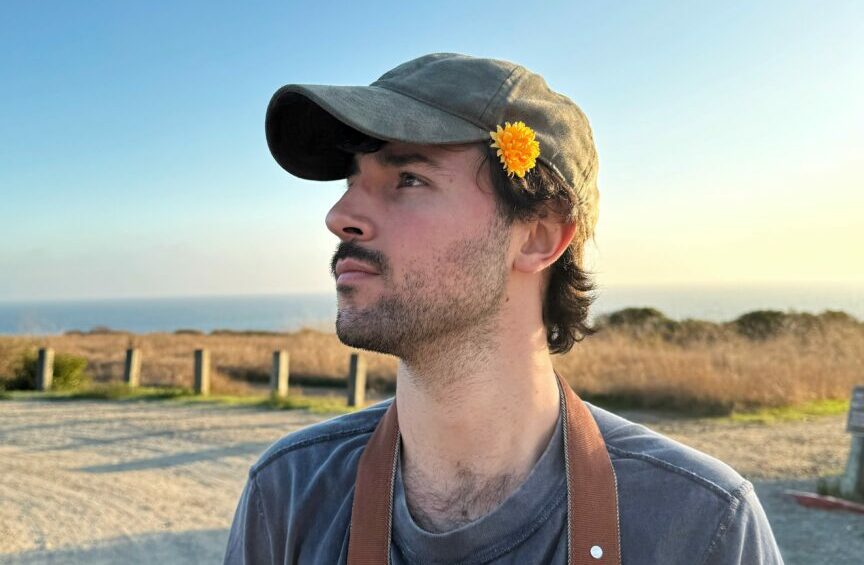We’re excited to introduce you to the always interesting and insightful Timetra White. We hope you’ll enjoy our conversation with Timetra below.
Hi Timetra, so excited to talk about all sorts of important topics with you today. The first one we want to jump into is about being the only one in the room – for some that’s being the only person of color or the only non-native English speaker or the only non-MBA, etc Can you talk to us about how you have managed to be successful even when you were the only one in the room that looked like you?
Past experiences have taught me resilience and the importance of staying focused on what matters most: always doing my best and choosing to do the right thing. For example, throughout elementary school, I was tested each year for the gifted program because of my academic success, yet I never qualified. At first, those missed opportunities were disappointing. But as I grew older, I realized they taught me valuable lessons — to slow down, take my time on my work, and understand that my goals are still possible if I remain committed and focused.
I also became aware of another challenge: being the only African American female in many of my classes. At times, this made me feel discouraged or out of place. However, my drive and determination pushed me to keep striving for excellence. Instead of letting my environment limit me, I chose to maximize my potential and keep working toward my goals.
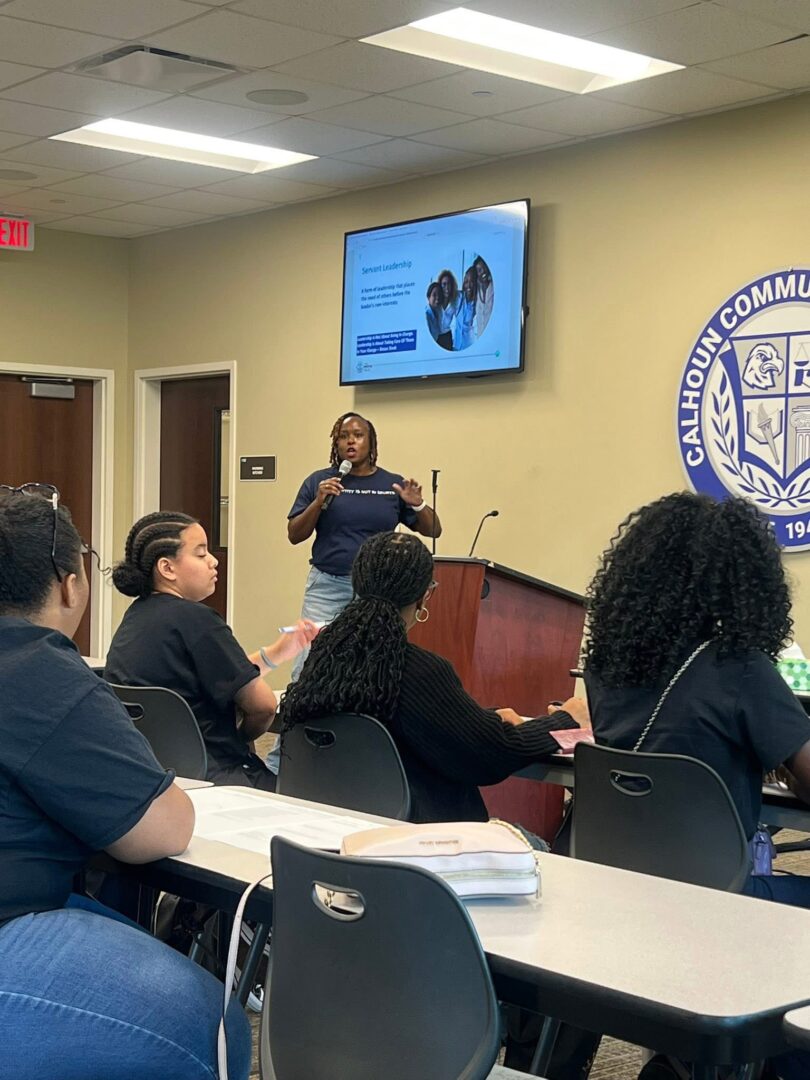
Thanks for sharing that. So, before we get any further into our conversation, can you tell our readers a bit about yourself and what you’re working on?
I am a dynamic leader who merges athletic excellence with a passion for holistic development. As a former Division I-AA basketball player, an award-winning author, and founder of The Mental Pulse, my goal is to inspire athletes to discover their identity beyond the game. With a background in Computer Science and Engineering, three state championship coaching titles, and deep community involvement, I strive to have a powerful voice for purpose-driven leadership on and off the court.
The Mental Pulse was founded on the principle that athletes are more than just their sport; they are individuals with unique identities and boundless potential. I faced my own mental challenges in college women’s basketball which led to the creation of The Mental Pulse. Through my experiences, which ranged from dealing with a challenging coach to feeling valued solely for her academic achievements, ignited a passion for helping athletes unlock their full potential and embrace life beyond the game. The Mental Pulse is dedicated to empowering athletes to navigate the intricate terrain of life beyond sports.
The Mental Pulse published a children’s book called “Finding Liv.” It’s a captivating story that teaches kids to explore their identities beyond sports. For instance, it teaches key life skills such as self-awareness, self-management, social awareness, and relationship skills. It is perfect for aspiring athletes aged 4-10. Through vibrant illustrations and engaging storytelling, this book encourages young readers to explore beyond the realm of sports.
Also, The Mental Pulse is in the process of developing the G.I.R.L. code curriculum. Every component of this curriculum is a stride towards holistic growth and fulfillment. The goal of the curriculum is to redefine athletic identity and champion the well-being of our young athletes by developing a growth mindset, an identity that is not based on sports, resilience, and servant leadership principles.
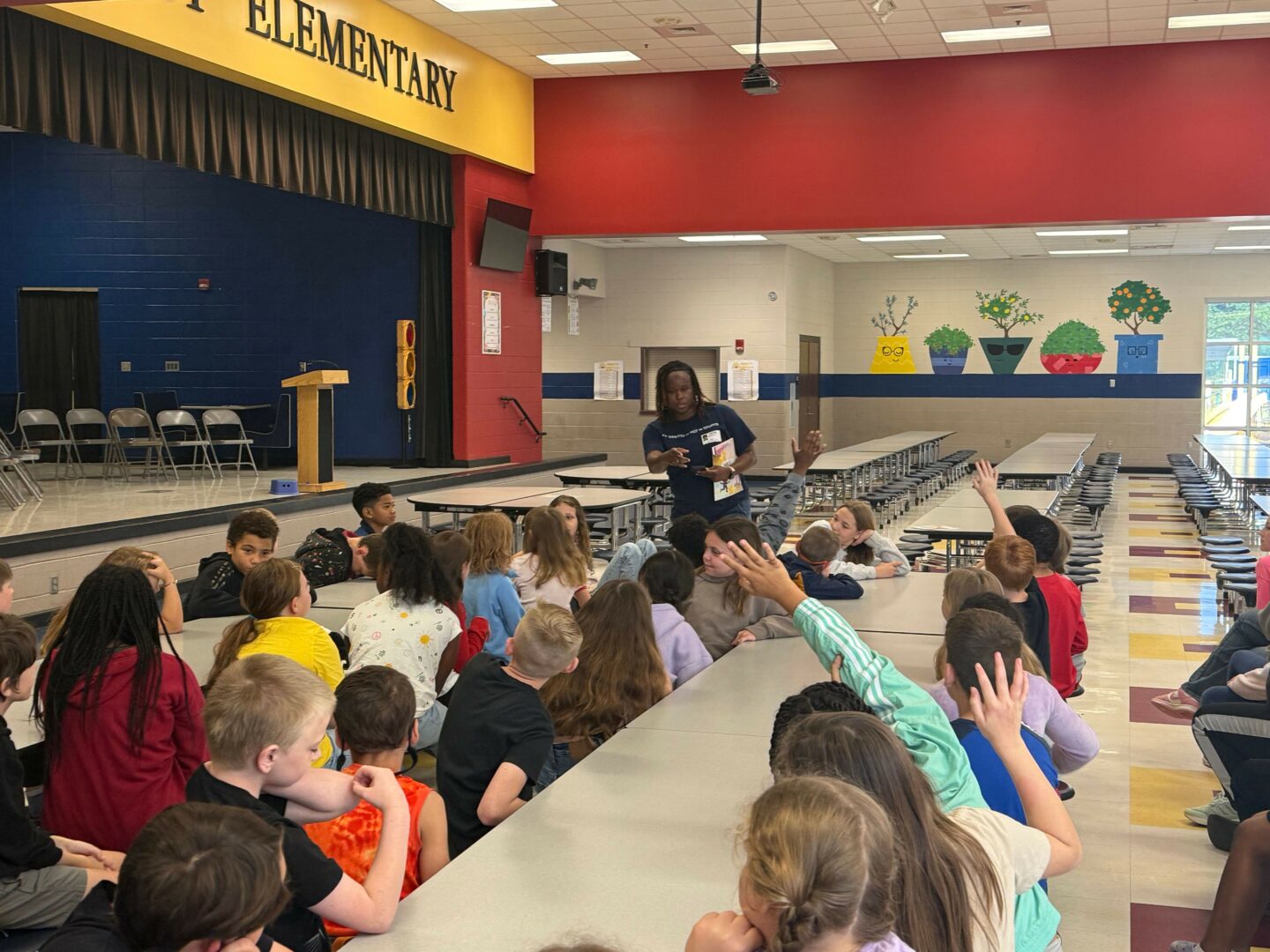
There is so much advice out there about all the different skills and qualities folks need to develop in order to succeed in today’s highly competitive environment and often it can feel overwhelming. So, if we had to break it down to just the three that matter most, which three skills or qualities would you focus on?
Because of outside pressures and expectations, many people chase perfection. The problem is that perfection is impossible—it sets us up for frustration and disappointment. Instead, the focus should be on giving your best effort, knowing mistakes will happen, and using those mistakes as opportunities to grow. Excellence is achievable. Perfection is not.
It’s natural to take pride in the work we produce. Sometimes, we become so connected to our work that it feels like a piece of who we are. But it’s important to remember that feedback on our work is not feedback on our worth. Your value as a person stands separate from the products, performances, or outcomes you create. Learning to separate the two allows you to take feedback without taking it personally.
The only constant in life is change. We often set goals and make detailed plans, but life doesn’t always follow our script. When unexpected changes happen, frustration comes from clinging too tightly to one path. The stronger mindset is flexibility—being open to adjusting and finding new ways forward. Growth comes not from avoiding change, but from adapting to it.
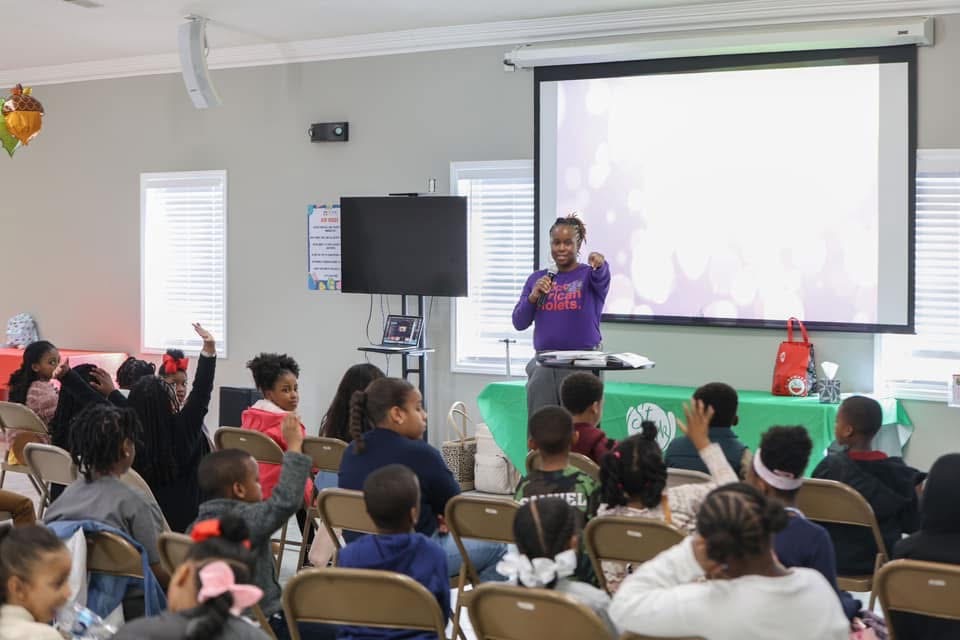
What was the most impactful thing your parents did for you?
Exposure.
My parents’ sacrifices to show my twin brother and I the possibilities the world had to offer are a true testament to where we are today. Growing up, I didn’t fully understand it, but now, as a parent, I recognize the importance of exposure. As the saying goes, “If you can see it, you can be it.” Exposure gives children the vision to dream and the belief that their future can be bright—if they are willing to put in the work to achieve it.
Contact Info:
- Website: https://www.thementalpulse.com
- Instagram: thementalpulse
- Facebook: thementalpulse
- Twitter: thementalpulse
- Youtube: https://youtube.com/@thementalpulsepodcast?si=RsB_7HFGK6cyXgGA
- Other: Finding Liv book
https://square.link/u/EUbr1e7p?src=sheetFinding Liv Activity and Coloring book
https://square.link/u/bEXXA3UI?src=sheet
Bundle – book and activity/coloring book
https://square.link/u/0JjiVmcR?src=sheet
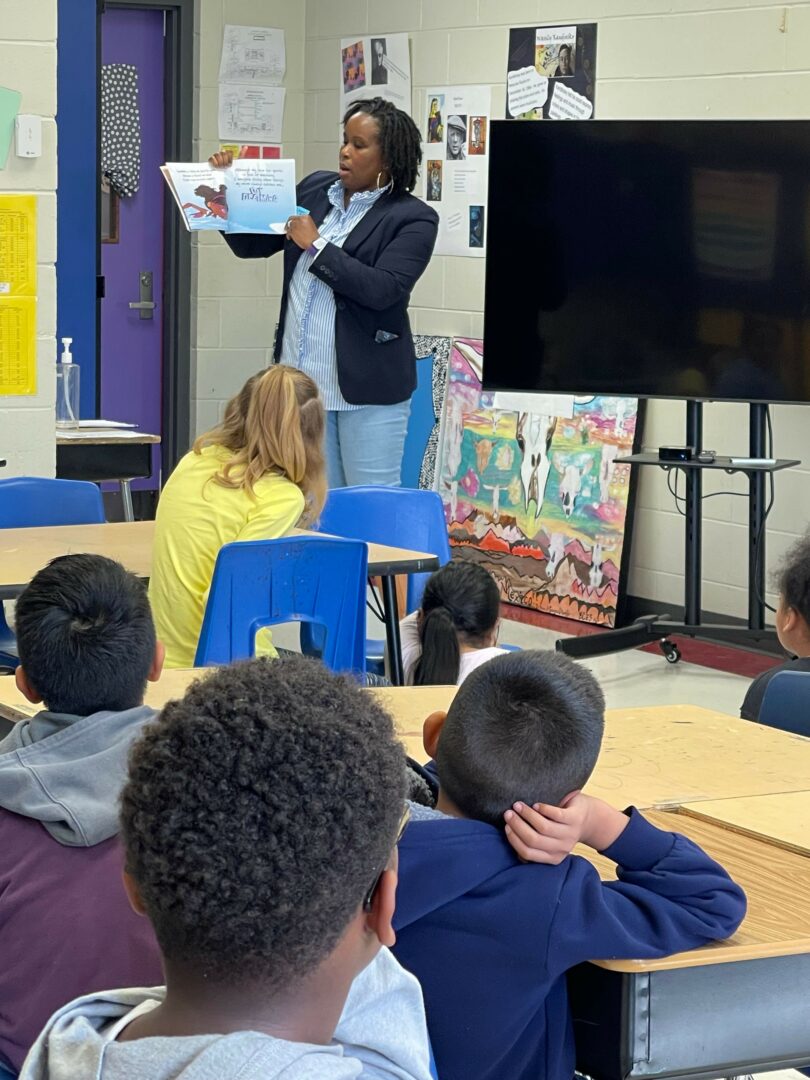
so if you or someone you know deserves recognition please let us know here.

